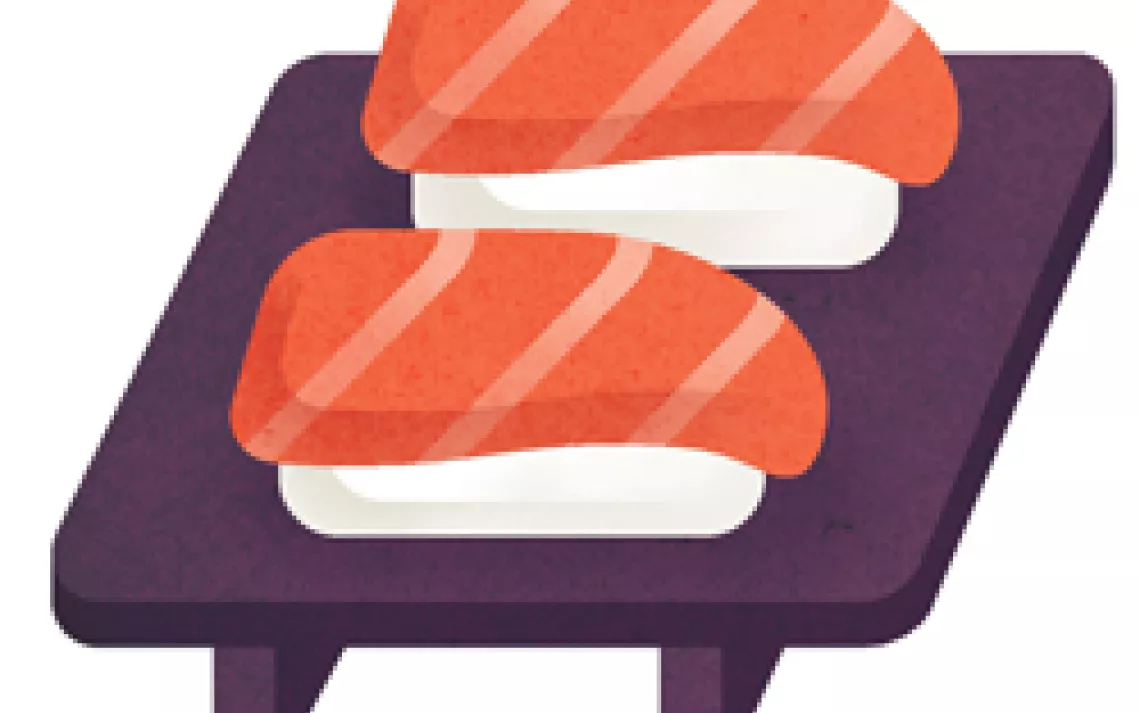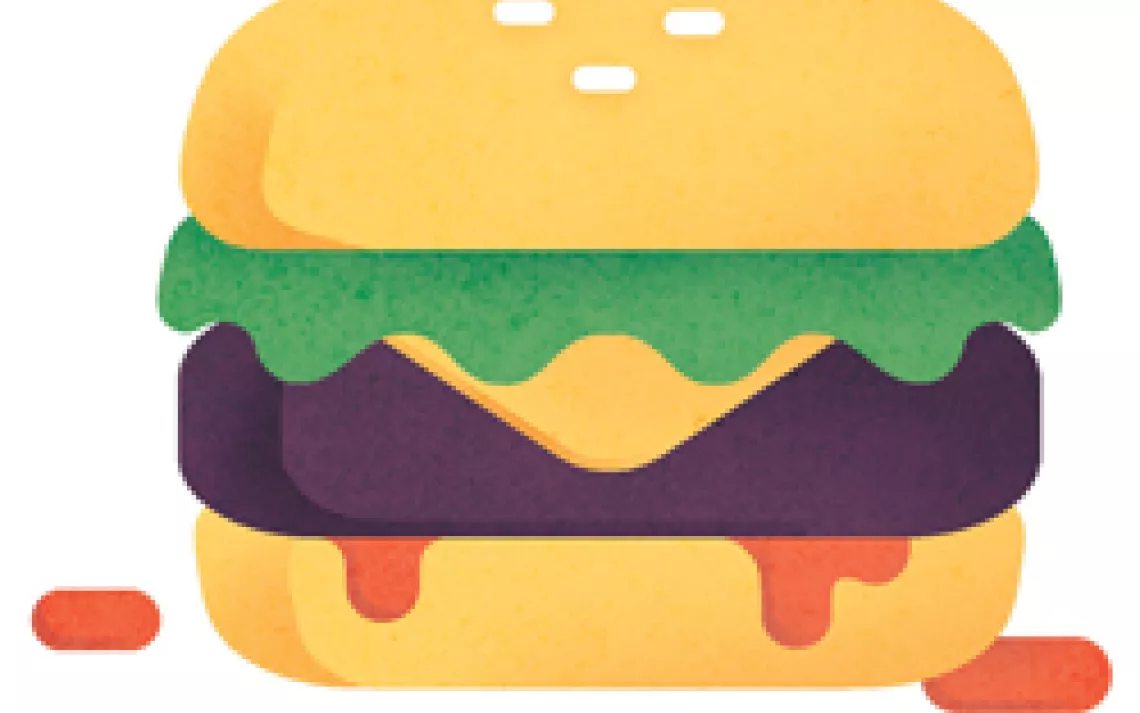Five Foods That Are Killing the Planet
Spoiler alert: Stop reading now if you can't live without Quarter Pounders, packaged pastries, or expensive sushi
We'll let Pulitzer Prize–winning food critic Jonathan Gold get on his soapbox for this one: "People need to stop eating BLUEFIN TUNA. Period. It'll be difficult because bluefin is uncommonly delicious and tends to be served at high-end sushi bars, where the fashion is to say 'omakase' and submit to the chef's will. But the numbers of these magnificent fish are dropping fast. If we don't stop eating them now, we'll stop in a few years anyway because there won't be any more." Carl Safina, who founded the Blue Ocean Institute, adds, "Because they're long-lived, bluefin populations don't stand up well to heavy fishing pressure—that's why they're so depleted. It's just too sad to eat them. Plus, big fish are high in mercury." To rein in your share of the overfishing disaster currently unfolding—bluefin stock is down by more than 96 percent from unfished levels—order a vegetarian roll instead.

The problem with CONVENTIONAL COFFEE, according to Stephen Madigosky, an environmental science professor at Widener University, "stems from manipulating this shade-loving plant into one that's grown in full sunlight and requires substantial use of herbicides, pesticides, fungicides, and fertilizers." He adds that biologically rich forests are cleared in favor of coffee crops, which devastates tropical species, especially migratory birds. Order organic java to cut out the pesticides, and choose shade-grown to protect rainforest biodiversity. Marc Lash, sustainability ambassador for FrontStreet Facility Solutions, points out that how you take your coffee makes a difference: "At Starbucks, a black cup of coffee has a carbon footprint of about 30 grams, whereas a venti caramel latte has one of about 420 grams."

"Cheap burgers are environmental assassins," says Logan Strenchock, Central European University's sustainability officer. Feeding cows to turn them into FACTORY-FARMED BEEF often requires replacing tropical forests with fields of genetically modified corn and soy, which are laced with pesticides that pollute local waters. "It takes 10 to 14 pounds of grain-based feed for a cow to gain 1 pound of flesh," Strenchock says. "Once harvested, that flesh needs to be kept cold, consuming massive amounts of energy." If you must eat a dead cow, eat a grass-fed one, but even then, consider these words from Mary O'Brien, who directs the Utah Forests Program for the Grand Canyon Trust: "In the western U.S., cattle have the single most pervasive impact on public lands, depleting native biodiversity, increasing invasive exotics, diverting water, fouling streams, and baring the soil."

"GENETICALLY MODIFIED CORN violates so many sustainability boundaries—destroying habitats, depleting soils, breaking nutrient cycles, polluting air and water, contaminating native maize varieties, and on and on," says Douglas Fox, a professor of sustainable agriculture at Unity College. Terry Walters, author of Clean Food (Sterling Epicure, 2012), says that such monocrops "put our bee population at risk and are creating superpests." She adds that corn's unhealthy offspring, high-fructose corn syrup, "takes a huge toll on the land, requires more pesticides and fertilizers over time as soil is depleted, and requires extensive processing." Lee Greene, who runs heirloom-food company Scrumptious Pantry, adds that relying on genetically modified crops "will continue to dramatically reduce biodiversity and drive historic fruits and vegetables to extinction."

"PALM OIL is one of the largest causes of rainforest destruction," says Laurel Sutherlin, a Rainforest Action Network spokesperson. According to RAN, U.S. palm oil use has ballooned by 500 percent over the past 10 years—it's now in about half of all packaged foods. Christy Wilhelmi, author of Gardening for Geeks(Adams Media, 2013), points out that this oil can be produced only in tropical areas—so huge swaths of ancient rainforest in Indonesia and Malaysia have been bulldozed to plant new palms. "Eight million acres have been cleared and burned already," Wilhelmi says, "and as a result, the orangutan is on its way to extinction." In Indonesia, deforestation-related carbon emissions—most of which are from expanding palm plantations—surpass the amount of pollution caused by all U.S. cars, trucks, planes, and ships. To avoid palm oil, read the ingredients on packaged goods, especially cookies, crackers, and instant-noodle soups.

 The Magazine of The Sierra Club
The Magazine of The Sierra Club